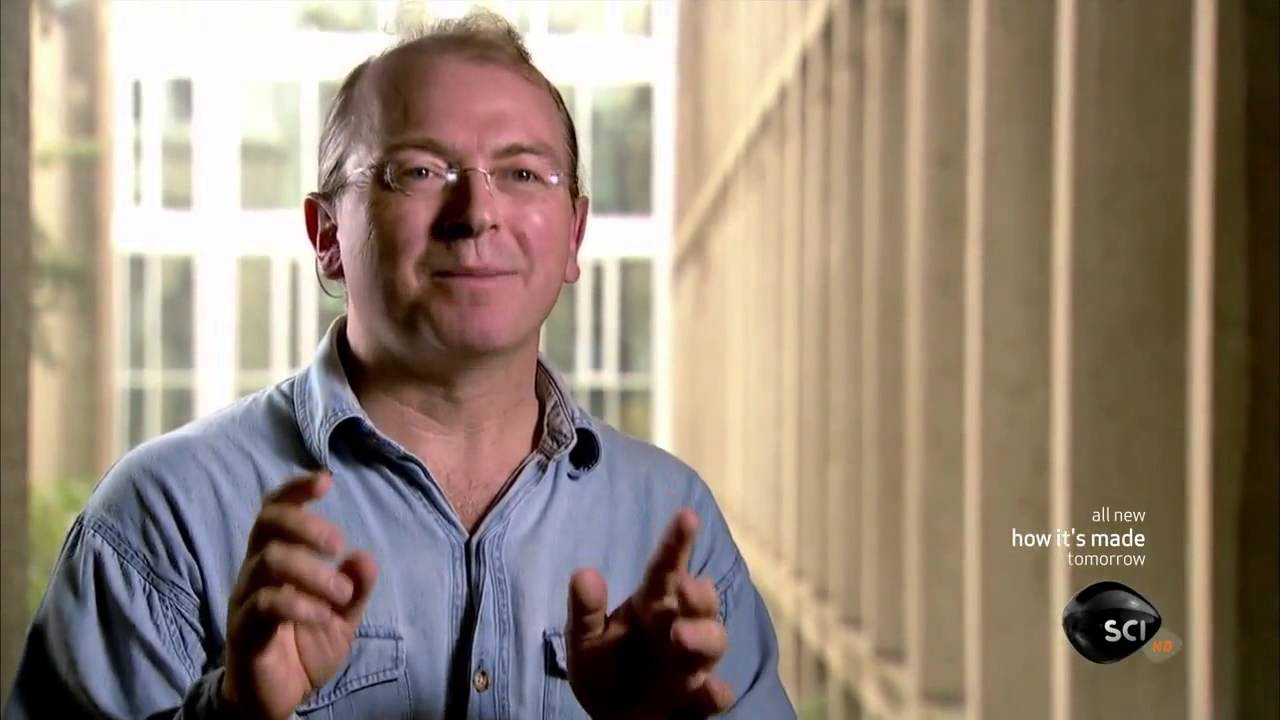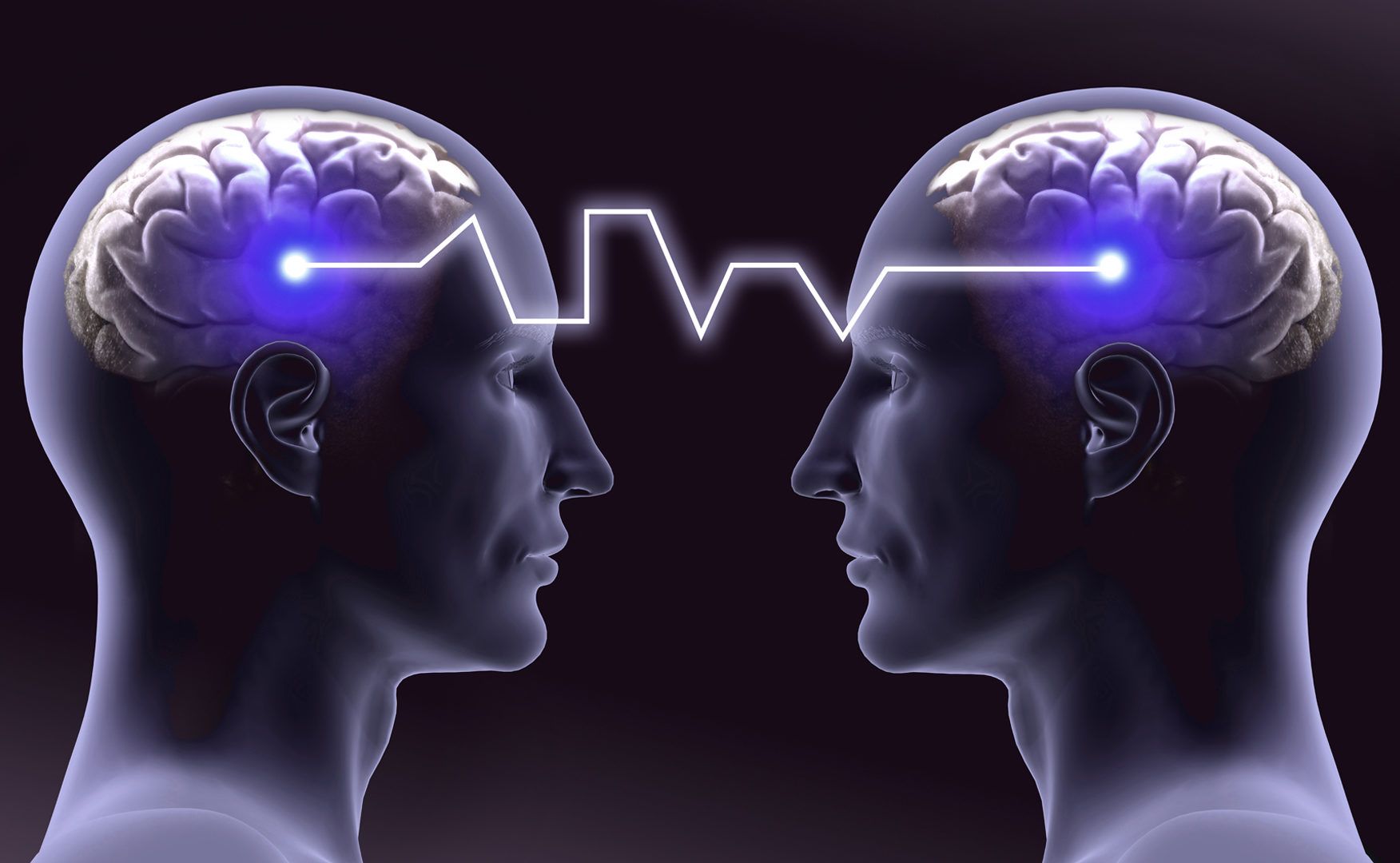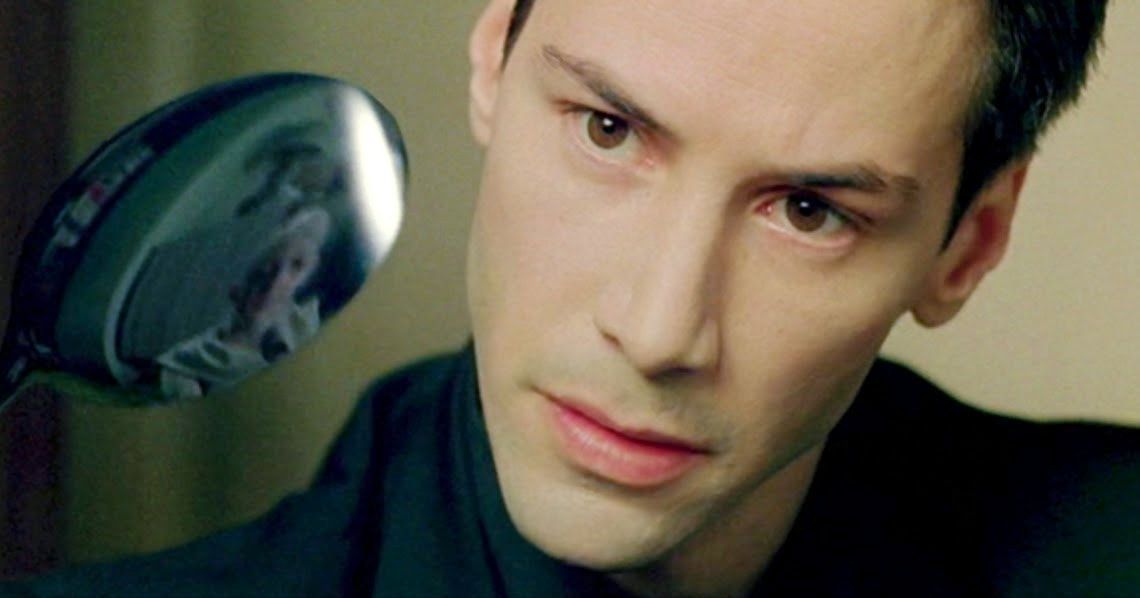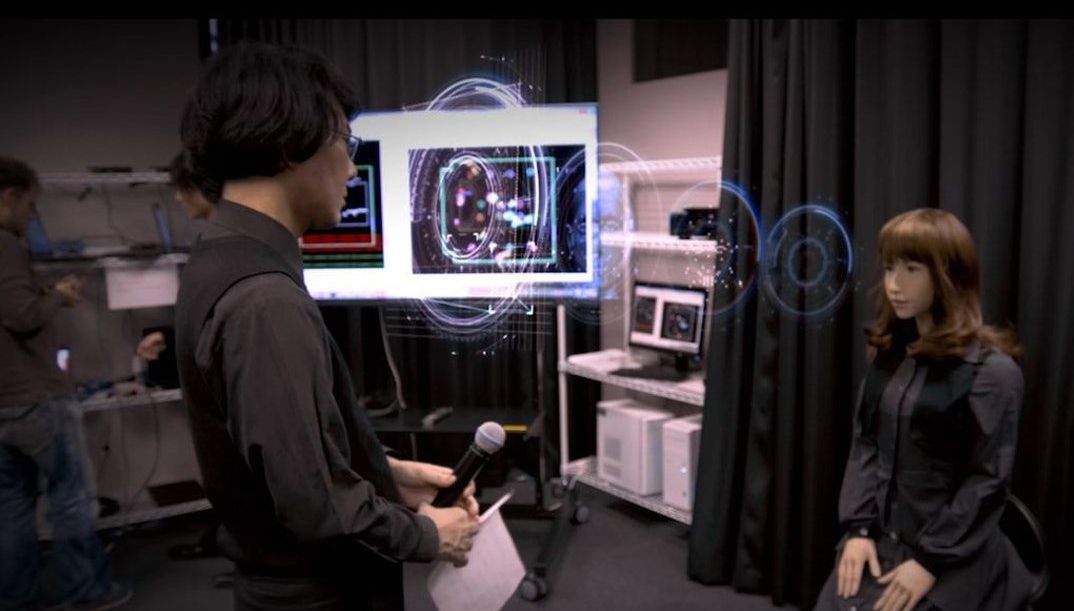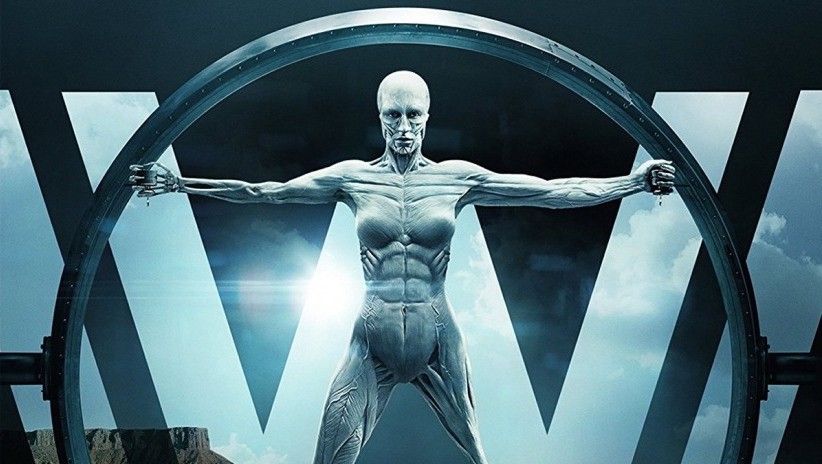Nov 11, 2018
Albert Camus and the Absurd — Life Extension and the Big Picture
Posted by Eric Schulke in categories: existential risks, futurism, health, life extension, philosophy
This paper explores Albert Camus’s notions of the absurd in The Myth of Sisyphus and draws correlations with the movement for indefinite life extension and the big picture of existence.
Calorie vacuums playing in the mud, isn’t that what we are when it comes down to it? We guess our way through much of life, trying not to spend too much time thinking about how trivial it all may or may not be so as to see about keeping the levels of despair down, waiting for our turn on the chopping block… We try to make sense of this life but in the end, can never fully convince ourselves that we have because we never fully do. That challenge is a mountain whose top hasn’t been seen yet.
People are drawn to understand what the most sensible things to do with life are, or as Albert Camus writes “the meaning of life is the most urgent of questions”. It’s a ballpark question. People thirst to make sense of their being, to understand what’s going on, for meaning, to track down and engage the most profound implication. Is thirst proof that water exists, as Gaston Bachelard says? Even rocks mean profound things, and we are self-aware supercomputers in a space filled with variables and has no known walls. It is very improbable that there is not a fundamentally profound implication within such circumstances.
How might we ever make sense of our existence? Masses of people are desperate with this “hope of another life one must ‘deserve’” and often take an irrational “leap”, as Camus says, to “some great idea that will transcend it, refine it, give it a meaning, and betray it.” Many rest on the hope that they’ll land a job they really love and can shine in someday but don’t put serious effort into figuring out what that would specifically be let alone work to make it happen.
Continue reading “Albert Camus and the Absurd — Life Extension and the Big Picture” »
